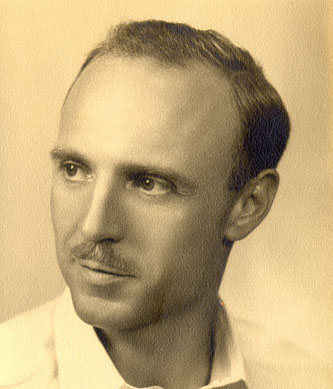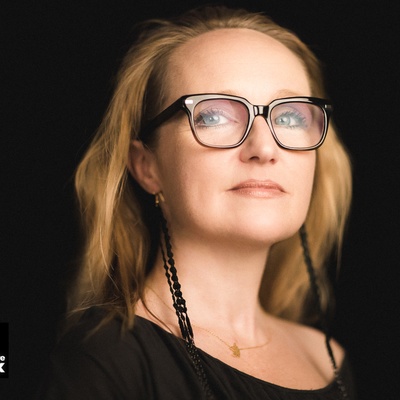
Correspondence between Cattell, Donald Hebb and George Humphrey of Queen's University, Kingston, Ontario, however, indicates that Cattell adopted Hebb's ideas of intelligence A and B and renamed them.


Carroll ( 1984, Multivariate Behavioral Research, 19, 300-306) noted the similarity of Cattell's theory to “Hebb's notion of two types of intelligence,” which was presented at the 1941 APA meeting, but the matter has been left at that. Cattell, in different papers, stated that it was developed in 1940, 1941 or 1942. The genesis of this theory is, however, vague. Cattell is credited with the development of the theory of fluid and crystallized intelligence. “It’s a way to get your finger on the pulse of what’s the latest thing happening in American theater,” said Green, “because you’ll see it here before anywhere else.Raymond B. West’s “Fannie (The Music and Life of Fannie Lou Hamer)” were all seen by New Stages audiences before receiving their full runs on Goodman’s stages. Plays like Korde Arrington Tuttle’s “Graveyard Shift,” Noah Haidle’s “Smokefall,” Lynn Nottage’s Pulitzer Prize-winning “Ruined” and this season’s production of Cheryl L. As Green noted, many of these plays go on to be produced around the country and every year the Goodman sees plays from the festival move from New Stages into a slot in the theater’s mainstage season. In that sense, these festival presentations give audiences a chance to be a part of the development of these future world premiere plays. It really is like a laboratory for these plays, where we can test things out, see how the audience responds and then edit accordingly.”


“It’s not just afterward overhearing someone saying, ‘Oh, I really like this part,’” said Green, “but the ability to see, for the playwright, for the director, when an audience is really leaning in, when they’re on the edge of their chairs, when they’re holding their breath versus when they’re leaning back or checking their watch. The full stagings get the added chance for the artists to absorb that audience reaction and how the play feels on stage and then return to the rehearsal room to potentially make edits or revisions. The festival functions as an opportunity for these playwrights, their directors and their actors to see this new work in front of an audience. In addition to these three works, New Stages will also feature a series of script-in-hand concert readings: Beth Hyland’s “Fires, Ohio,” José Rivera’s “Your Name Means Dream” and Dael Orlandersmith’s “Watching the Watcher.”


 0 kommentar(er)
0 kommentar(er)
